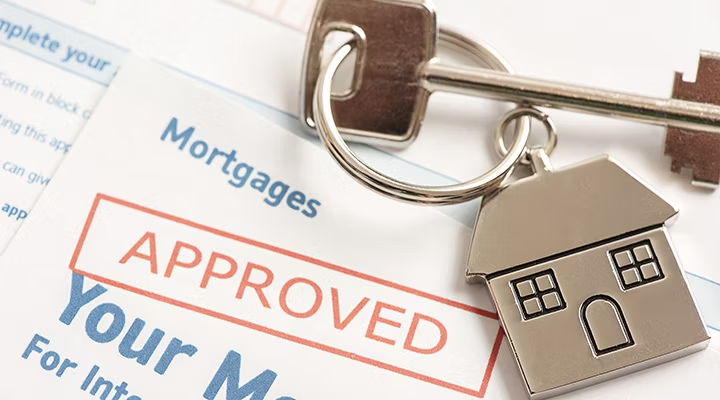The Home Inspection Process
Buying a home is a monumental step in anyone's life, especially for first-time homebuyers. One crucial part of this journey is the home inspection process. Understanding what to expect during a home inspection and how to address potential issues can make this phase less daunting and more manageable.
When you’re buying a home, the excitement can sometimes overshadow practical considerations. However, the home inspection is an essential checkpoint that ensures you're making a sound investment. A professional inspector will examine the property's overall condition, including structural elements, electrical systems, plumbing, roofing, HVAC systems, and more. This thorough evaluation helps identify any existing or potential problems that could affect your decision to purchase the property.
During the inspection, buyers should expect a detailed walkthrough of the home with the inspector. It’s beneficial for buyers, especially first-time homebuyers, to attend this inspection. Being present allows you to ask questions in real-time and gain a deeper understanding of any issues that might be discovered. The inspector will typically provide a comprehensive report after the inspection, detailing their findings with photographs and descriptions.
So what happens if the inspector finds issues? First off, don't panic. It's rare to find a perfect house with no problems at all. The key is to differentiate between minor issues that are easy to fix and major problems that could be deal-breakers.
For minor issues like leaky faucets or chipped paint, you might decide they are manageable and proceed with the purchase without any further negotiations. For more significant concerns such as foundation problems or outdated electrical systems, you have several options:
1. **Request Repairs**: You can ask the seller to make necessary repairs before closing the deal. This request should be made formally through your real estate agent.
2. **Negotiate Price**: If you’re willing to handle repairs yourself but feel they justify a lower price, you can negotiate a reduction in the sale price.
3. **Ask for Credits**: Sometimes sellers may offer credits at closing instead of making repairs themselves. This allows you to control how and when repairs are done.
4. **Walk Away**: If the issues are too extensive or costly and an agreement can't be reached with the seller, you may choose to walk away from the deal.
It’s also wise for buyers to consider getting specialized inspections if certain areas raise red flags during the general inspection. For instance, if there's evidence of termite damage or mold, hiring experts in those fields can provide more detailed insights and cost estimates for remediation.
First-time homebuyers might feel overwhelmed by this process, but remember that your real estate agent is there to guide you through each step. They can recommend reputable inspectors and help interpret reports so you can make informed decisions.
In summary, while buying a home involves many steps, understanding what to expect during a home inspection and knowing how to address potential issues can significantly ease your journey into homeownership. By being proactive and prepared, you'll be well on your way to finding not just any house but your dream home that's safe and sound for years to come.
Categories
Recent Posts










